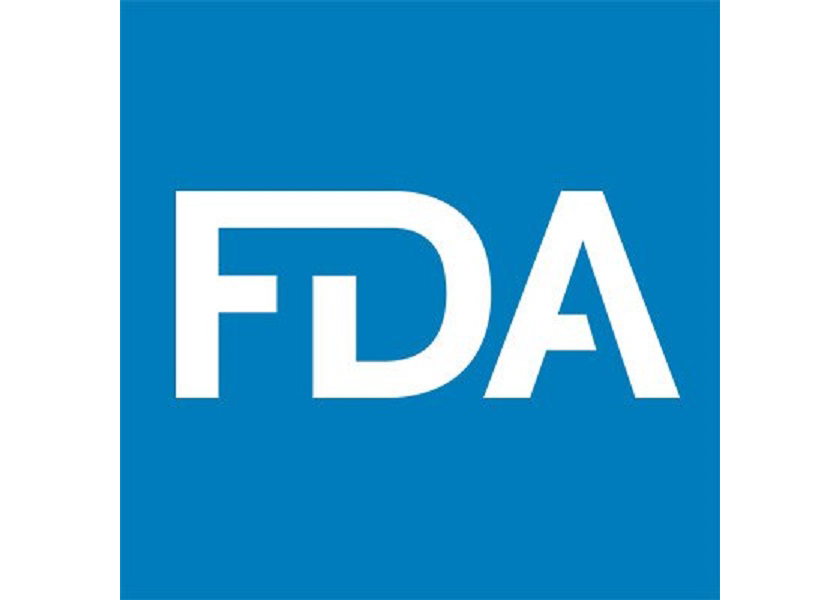FDA issues report on strategies for limiting norovirus infections at restaurants

A report from the FDA reveals that restaurants and retail foodservice operations with targeted norovirus prevention strategies are most successful in limiting infections.
“The 2017-2018 restaurant data collection of the National Retail Risk Factor Study found that Food Safety Management Systems (FSMS) were the strongest predictor of the compliance status of risk factors,” the report said.
Norovirus is the leading cause of foodborne illness in the U.S., accounting for roughly 52% of all foodborne illness cases, the FDA said. The Centers for Disease Control and Prevention estimates 19 million to 21 million cases of gastroenteritis are caused by norovirus each year.
Those cases, in turn, cause 109,000 hospitalizations and 900 deaths, the FDA said. Norovirus infections spread rapidly, and those infected are contagious from the moment they begin feeling ill through the beginning of recovery.
The report said a Food Safety Management System refers to a specific set of actions and or procedures to help achieve active managerial control.
Consistent components of a FSMS include the purposeful implementation of procedures, training and monitoring, the USDA said.
“Prevention strategies for norovirus are centered on preventing viral contamination and transmission, however there is currently no single effective strategy for preventing foodborne norovirus in food establishments,” the FDA said. “This is why the FDA Food Code recommends the use of a combination of prevention strategies, and why the development of FSMS to systematically reduce the risk of norovirus is so important. Our study observed that as FSMS development and documentation improves, personal hygiene, and protection from contamination improves.”
The FDA said state, local, tribal and territorial jurisdictions should adopt and enforce provisions of the FDA Food Code to address norovirus. Key provisions to combat norovirus at retail include employee health policies, hand-washing and handling practices, prevention of cross-contamination, and requiring vomit and diarrheal response plans, the FDA said.
The report said a study conducted by the CDC in 2016 indicated that adopting these provisions may decrease the incidence and severity of foodborne norovirus outbreaks. The study also indicated that many states had not yet adopted these critical provisions.
The FDA said restaurants should develop, implement and strengthen their procedures, training and monitoring within their establishment to create a well-developed and -documented FSMS to address norovirus. The three focus areas for the FSMS should include: personal hygiene, protection from contamination, and employee health.







